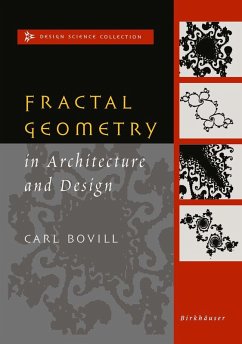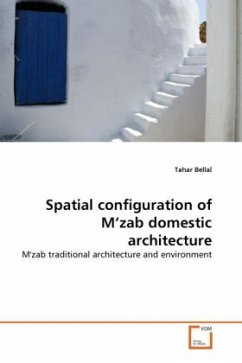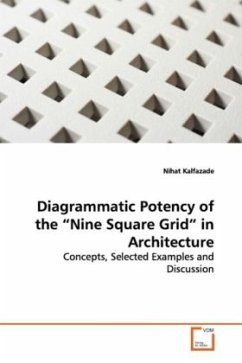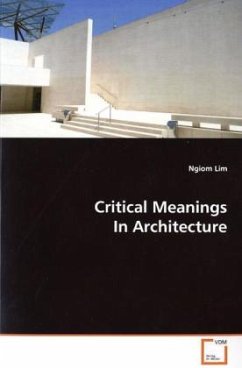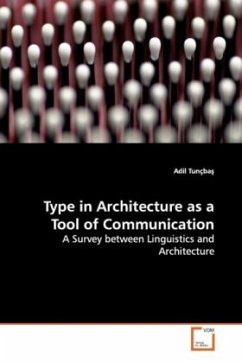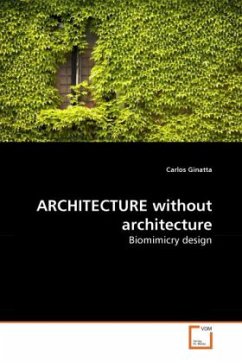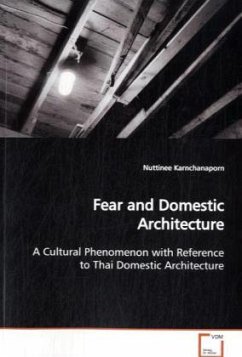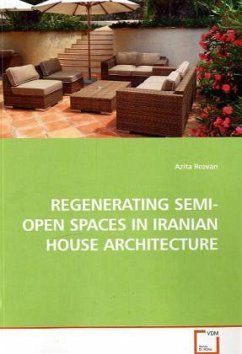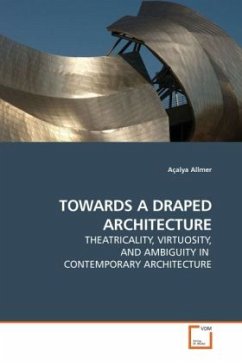
Fractal Architecture
Knowledge formation within and between architecture and the sciences of complexity.
Versandkostenfrei!
Versandfertig in 6-10 Tagen
52,99 €
inkl. MwSt.

PAYBACK Punkte
26 °P sammeln!
Fractal architecture is a complex and elusive conceptthat can mean different things in different contexts. Drawn from architecture, mathematics and complexityscience and with diverse origins and applicationsin each discipline fractal architecture is ofinterest both as an isolated concept and as anexample of how knowledge is developed and exchangedbetween disciplines. The objectives of the presentwork are essentially epistemological; they areconcerned with tracing and critiquing the way inwhich ideas shift between disciplines and the hybridconcepts that are formed in this process. The centralth...
Fractal architecture is a complex and elusive concept
that can mean different things in different contexts.
Drawn from architecture, mathematics and complexity
science and with diverse origins and applications
in each discipline fractal architecture is of
interest both as an isolated concept and as an
example of how knowledge is developed and exchanged
between disciplines. The objectives of the present
work are essentially epistemological; they are
concerned with tracing and critiquing the way in
which ideas shift between disciplines and the hybrid
concepts that are formed in this process. The central
thread traced through this work is fractal
architecture and the primary knowledge domains in
which it is investigated are architectural theory,
design and mathematics. In the process of unravelling
this thread, the present work seeks to answer the
question of whether or not, from any perspective,
fractal architecture is a useful or meaningful concept?
that can mean different things in different contexts.
Drawn from architecture, mathematics and complexity
science and with diverse origins and applications
in each discipline fractal architecture is of
interest both as an isolated concept and as an
example of how knowledge is developed and exchanged
between disciplines. The objectives of the present
work are essentially epistemological; they are
concerned with tracing and critiquing the way in
which ideas shift between disciplines and the hybrid
concepts that are formed in this process. The central
thread traced through this work is fractal
architecture and the primary knowledge domains in
which it is investigated are architectural theory,
design and mathematics. In the process of unravelling
this thread, the present work seeks to answer the
question of whether or not, from any perspective,
fractal architecture is a useful or meaningful concept?



